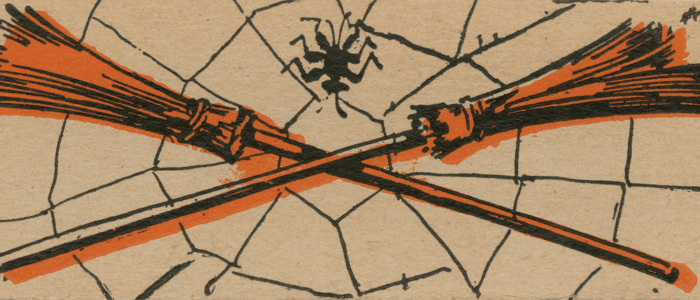The Haunting of the MHS

MHS Event
Join us for an in-person Member event sponsored by the MHS Young Patrons.
Kick off the Halloween season with a behind-the-scenes look at some of the strangest objects in the MHS collections! Enjoy drinks and refreshments as you listen to spine-tingling tales from the hidden histories of the MHS with Rakashi Chand, Reading Room Supervisor.
This is a Young Patron Member event. Young Patrons can register themselves and a guest here. Advance registration is required. Please register by September 30.
Not yet a Member of the MHS? Join today to enjoy exclusive events, free public program registration, and more! Young Patron membership for those 40 years old or younger starts at just $40.
In-person event
Masks are optonal for this event.
By registering you are agreeing to abide by the MHS Visitor Code of Conduct.
